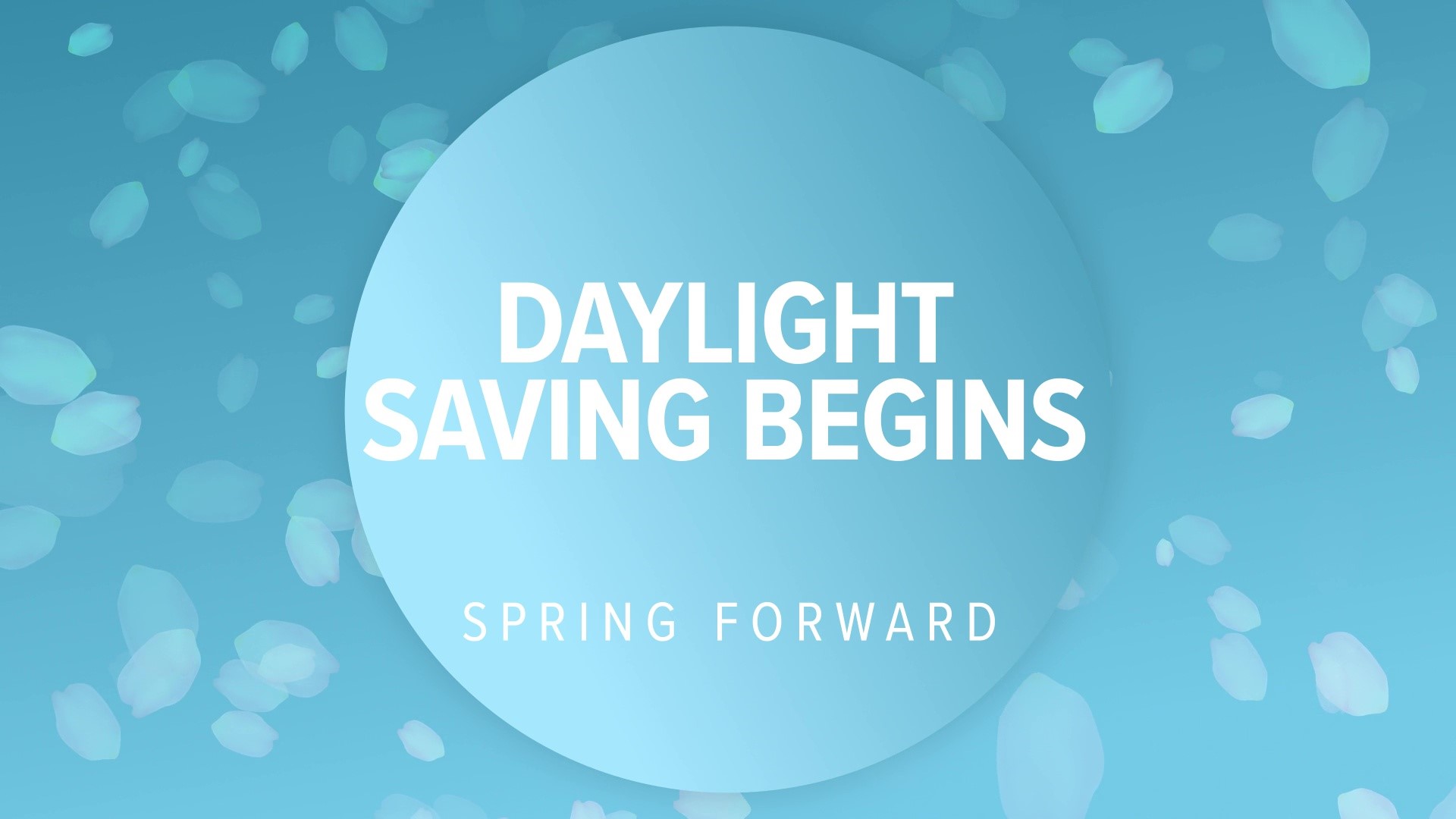DANVILLE, Pa. — Daylight saving time is right around the corner, which means we will lose an hour of sleep this weekend. As we get older, we realize the impact changes in our sleep can have.
"It is now creating this change, this circadian shift, this movement of your night/wake schedule, and that's something you now need to adapt to," said Dr. Anne Marie Morse, a pediatric neurologist and sleep medicine specialist at Geisinger.
Dr. Morse says switching our clocks twice a year has led to an uptick in sleep deprivation and other health problems.
"We see an increase in motor vehicle accidents. We see increases in heart attacks and strokes, and then we also see increases in people having worsening of their moods, so increases in anxiety, depression, even suicidality."
Dr. Morse says adults ages 18 to 64 should get between seven and nine hours of sleep per night, but most people in the United States sleep an average of 6.8 hours or less.
"We do need to recognize that we have to prioritize that time in order to optimize our day to day."
How can we better adjust to daylight saving time? Plan ahead. Dr. Morse recommends a strategy called sleep banking. For example, go to bed 15 minutes earlier for a few days leading up to this weekend.
"Even if you're doing a very minimal elongation of about 15 minutes, that potentially can help you to be able to have less of an impact from that sleep loss that you're going to experience."
Dr. Morse recommends doing this only in increments of about 15 minutes to avoid disrupting your regular sleep/wake cycle.
More information on sleep health is available from Geisinger.

